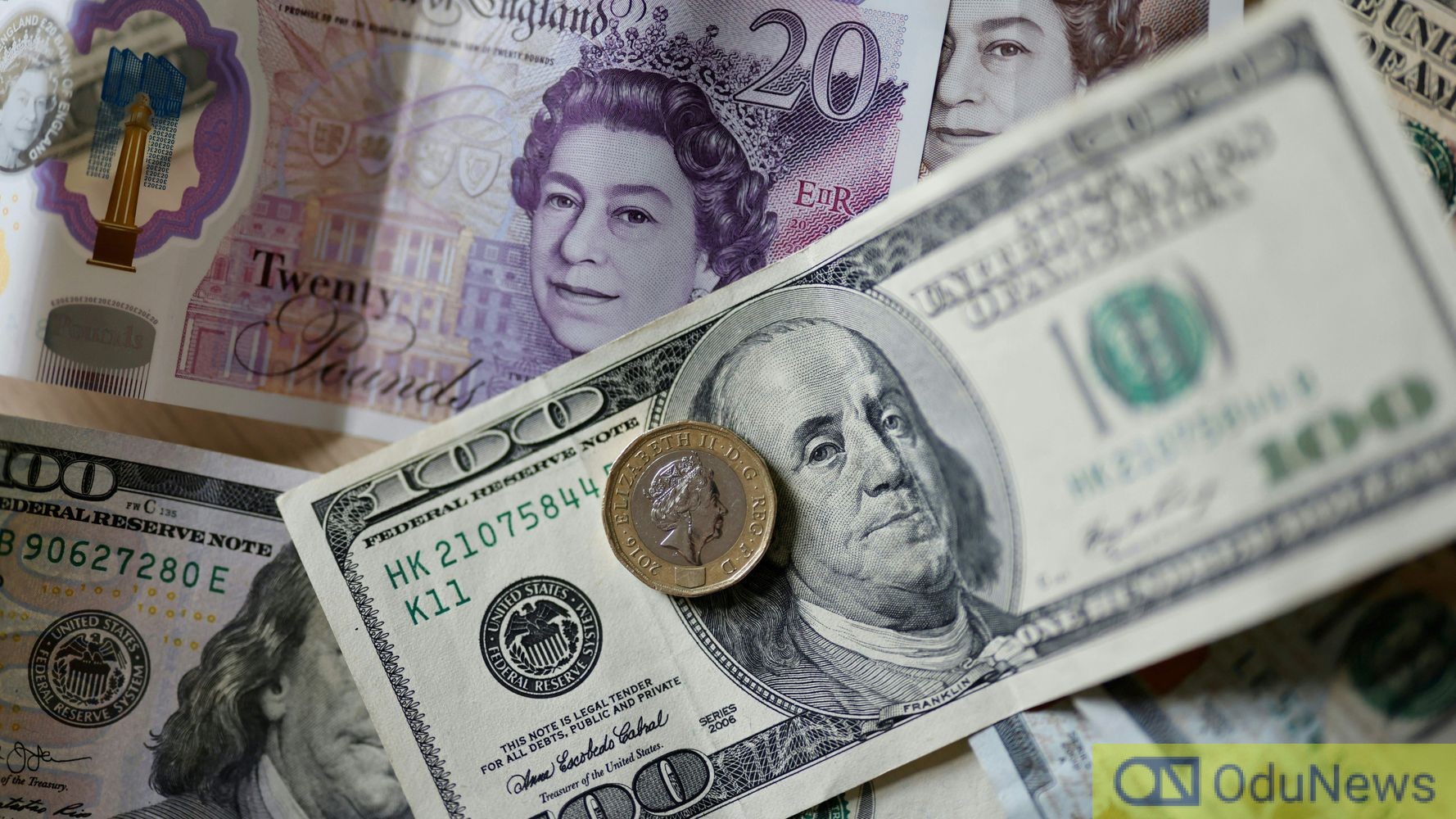The pound has fallen to a 50-year low against the dollar as the United Kingdom mulls tax cut, OduNews reports.

The pound fell close to $1.03 before regaining some ground to stand at about $1.07 on Monday morning.
UK’s Finance Minister, Kwasi Kwarteng has promised more tax cuts on top of a £45bn package he announced on Friday amid expectations borrowing will surge.
Speaking on Sunday With Laura Kuenssberg programme on BBC, Kwarteng said there is also reverse on increased national insurance, adding that the aim is to ensure the people have more income.
“That’s why we’ve reversed the national insurance increase — which I think was not a good policy and we’ve reversed that — and also we are bringing forward the cut in the basic rate, and there’s more to come,” he said.
“We have only been here 19 days. I want to see, over the next year, people retain more of their income because I believe that it’s the British people that are going to drive this economy.
“That’s why I want people to retain more of the income they earn.
“We are not stopping there. We’re just getting started.”
The pound has also been under pressure due to the strength of the dollar.
The euro also touched a fresh 20-year-low against the dollar amid investor concerns about the risk of recession as winter approaches with no sign of an end to the energy crisis or the war in Ukraine.
If the pound stays at this low level against the dollar, imports of commodities priced in dollars, including oil and gas, will be more costly.
Other goods from the US could also be considerably more expensive and British tourists visiting America will find that their holiday money does not go as far as before the sterling’s slide.
There are also concerns that the tax cuts and a surge in government borrowing will stoke high inflation and force the Bank of England to raise interest rates even further. This would raise monthly mortgage costs for millions of homeowners.
Last week, the Bank raised interest rates by half a percentage point to 2.25% to try to calm inflation which is at a 40-year high of 9.9%. The rate increase was the seventh in a row and took rates to the highest in 14 years.


Comments are closed.